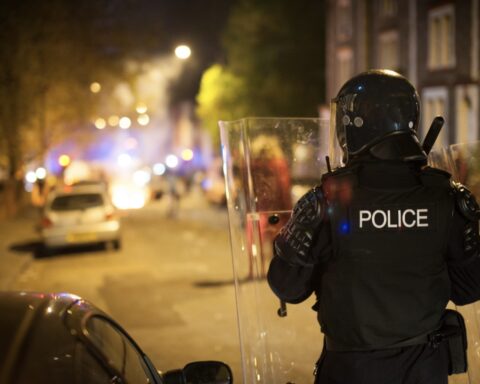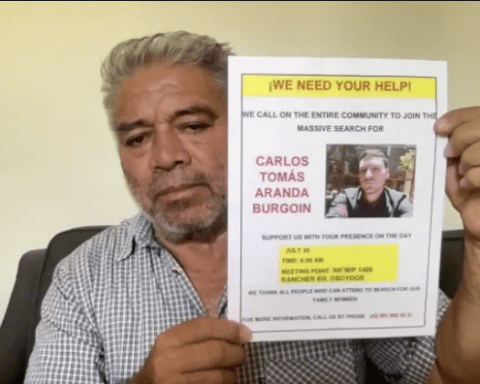Canada is lagging behind when it comes to prosecuting hate speech, terrorism financing and terrorism related activities, at least compared with other jurisdictions, according to Conservative senator Daniel Lang.
“A radicalized Islamist attacked and killed Cpl. Nathan Cirillo and then entered Parliament determined to carry out his own personal jihad,” Lang said in his remarks to students attending the University of Ottawa’s Public Policy Conference.
Just last week, Lang explained, a number of young people slipped through the RCMP and CSIS nets to join ISIS.
“Many your age — at least one from your school has gone abroad to join ISIS,” he said.
Lang, who is chair of the senate committee on national security and defence, said there are a few cases in the courts — but when it comes to laying charges and prosecuting individuals for terror-related activities, prosecutions are very few and far between.
“Canada has to have the ability to understand and detect threat trends and have the ability to respond. If we can’t do that, we are not serving our citizens very well,” said Colonel Tony Battista.
“This has to be a concern,” he said.
Lang said that during its hearings, the committee has heard from experts on terrorism and many from Muslim and Sikh communities.
“They have been telling us about radicalization within their communities — being advocated in some cases in religious private schools, temples, in mosques and by preachers including foreign preachers — especially from Saudi Arabia,” explained Lang.
“We’ve also heard a testimony in our committee about foreign funding coming to Canada to spread the Wahhabi ideology,” Lang added that the committee has heard about radicalized Sikhs and Muslims.
Lang rattled off a number of recommendations “we can do” to prevent and discourage radicalization.
“We need to recognize that radicalized ideas lead to radicalized actions. It does not mean we should criminalize ideas but we need to identify them and state that they have no place in Canadian society — even at university campuses when sometimes the cloak of free speech is abused,” said Lang.
He encouraged the students to denounce those who are promoting and facilitating radicalized ideas “even if they’re done in the name of religious ideology.”
“We need to do serious due diligence when it comes to those who are speaking for communities and those who are preaching or speaking at universities and colleges — we have been told during the course of our committee hearings, that there are a number of Saudi-backed programs in many university and colleges.”
This is a concern, according to Lang, because of increased radicalization.
Colonel Tony Battista said that where Canada cannot afford to lag behind is in its response time to deal with terror threats.
“Canada has to have the ability to understand and detect threat trends and have the ability to respond. If we can’t do that, we are not serving our citizens very well,” said Battista.
A portion of the defence procurement strategy, Battista explained, has to be dedicated to the emerging problem of terrorism.
“It’s not only the Canadian Armed Forces that have to deal with [terrorism] – it’s a whole government issue,” said Battista.
After Lang’s extensive presentation on denouncing radicals in Canada, Battista described the challenges met by the Department of Defence.
“DND does not have sufficient staff – either military or civil servants with the right training and experience to effectively resource their own projects. The new defence procurement strategy is meant to increase the effectiveness of [DND’s] progress,” explained Battista.
Reducing the deficit is the government’s priority, according to Battista, which compromises Canada’s military capabilities.
“By the time we reach 2025, if we don’t get our act together within the next year or two or three we will have a significant problem with rust and equipment that we ought to have that we don’t have.”
Cyber security was the final area within the national defence and security program of the conference.
“It’s not only the Canadian Armed Forces that have to deal with [terrorism] – it’s a whole government issue,” said Battista.
Former chief of CSEC, John Adams, described cyber aggression’s four forms: terrorism, crime, war and espionage.
Assistant deputy minister of national and cyber security branch of Public Safety, Gary Robertson, also weighed in on the topic, explaining that unlike traditional crime, cyber intrusions may not show up for months — and that intrusive hacks are not easy problems to resolve.
Re-published in partnership with iPolitics.ca




